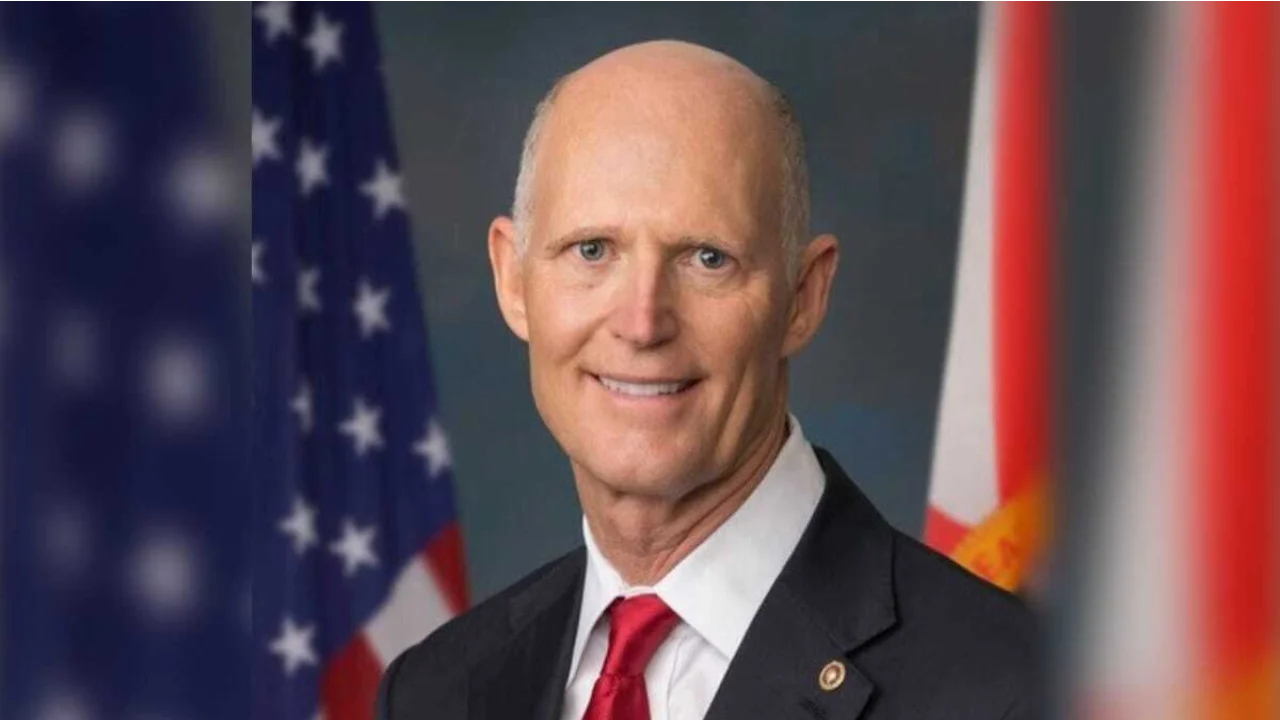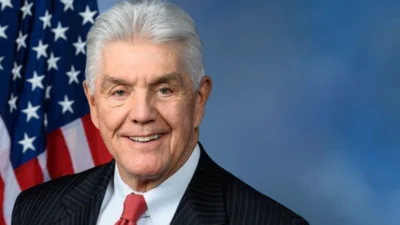Chairman Rick Scott of the U.S. Senate Special Committee on Aging led a hearing in Washington, D.C., to address concerns about the United States’ reliance on foreign-manufactured generic drugs. The hearing, titled “Prescription for Trouble: Drug Safety, Supply Chains, and the Risk to Aging Americans,” examined how dependence on overseas pharmaceutical production—particularly from China and India—creates risks for national security and public health.
Expert witnesses included Peter Baker, former FDA Inspector and president of Live Oak Quality Assurance; George Ball, PhD, associate professor at Indiana University’s Kelley School of Business; and Brandon Daniels, CEO of Exiger. The panel highlighted issues such as the need for stronger FDA enforcement, more frequent foreign inspections, improved testing standards, and the impact of substandard generics on older Americans.
Chairman Scott opened the session by emphasizing the widespread use of prescription medications among seniors. He cited a 2021 federal study showing that 88.6% of older Americans had been prescribed at least one medication in the previous year and noted that 91% of prescriptions filled are for generic drugs.
Scott pointed out that “the United States relies disproportionately on foreign made generic drugs from Communist China and India.” He stated that “the U.S. currently depends on overseas manufacturers for about 75% of its essential drug supply.” According to Scott, “Communist China is the world’s largest producer of Active Pharmaceutical Ingredients and India relies on Communist China for approximately 80% of the Active Pharmaceutical Ingredients they use.”
He referenced a study from Washington University in St. Louis indicating that “83% of the top 100 generic drugs consumed by U.S. citizens have no U.S.-based source of Active Pharmaceutical Ingredients.”
Scott raised concerns about drug quality: “Not only is the U.S. overdependent on foreign drugs, but these foreign drugs are often lower quality and more dangerous than drugs manufactured in America.” He said a recent study found that serious adverse events were “54% more likely for foreign generic drugs compared to American-made drugs.”
Recalling past incidents involving contaminated medications imported from abroad—including a case where tainted Heparin from China killed nearly 100 people—Scott warned that similar risks persist today. In 2023, contaminated eye drops from India resulted in four deaths and harmed at least 55 patients.
The chairman criticized differences in oversight between domestic and foreign manufacturing plants: “Inspections of drug manufacturing facilities [in] the United States are unannounced. In Communist China and India, many inspections are preannounced up to weeks in advance,” he said.
Supply chain vulnerabilities were also discussed as an existential threat. Scott cautioned: “If Communist China or India want to shut down the supply of prescription drugs to the United States, they can do so at any moment! And currently, the United States does not have a backup plan!”
He referenced prior disruptions during trade negotiations when China restricted rare earth exports as well as actions taken by India during the COVID-19 pandemic to block critical pharmaceutical ingredients.
Scott cited data showing increasing market dominance by Chinese and Indian firms: “As of 2021, Communist China and India accounted for 85% of active drug master file submissions... In 2000, they accounted for just 24%.” He added that American pharmaceutical manufacturing has declined sharply; according to a report from API Innovation Center, U.S.-based facilities producing active pharmaceutical ingredients dropped by 61% over ten years.
In terms of market concentration risk, Scott noted: “Over 40% of generic drugs sold in the U.S. have just one FDA-approved manufacturer.” Recent shortages—such as with chemotherapy drug Cisplatin—have forced reliance on previously unapproved suppliers abroad when primary sources faced import restrictions.
Concluding his remarks, Scott said: “If we can’t solve this problem, our public health and national security are in grave danger and people will die.” He announced plans for another hearing focused on solutions but stressed it was important for Americans to understand current risks related to medication quality and supply chains.









